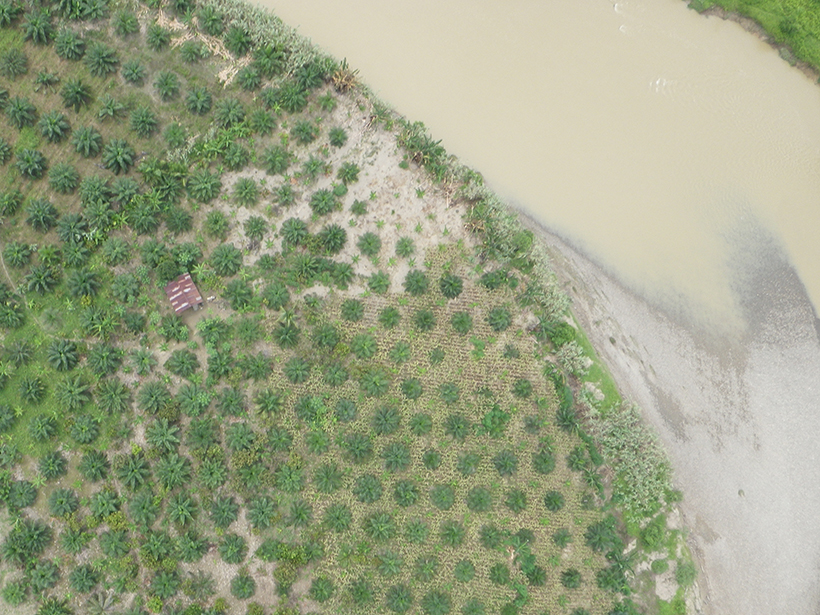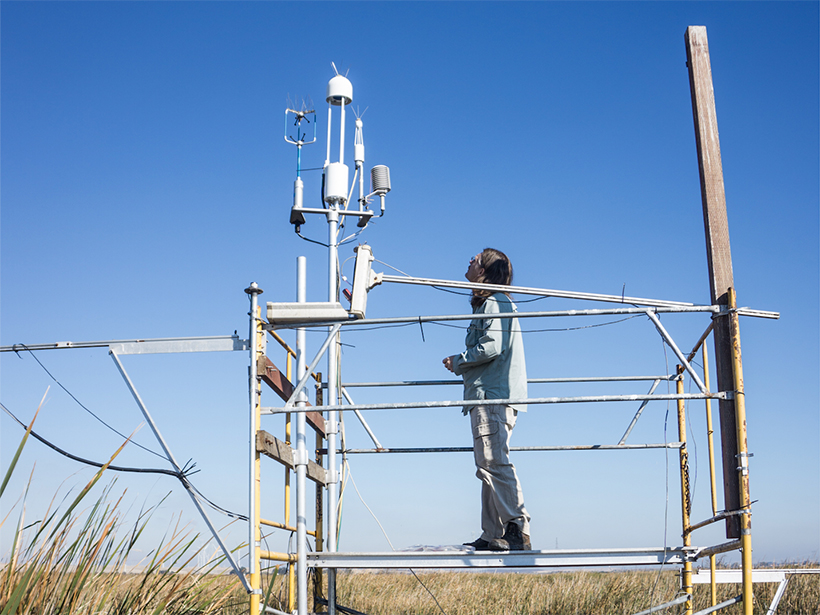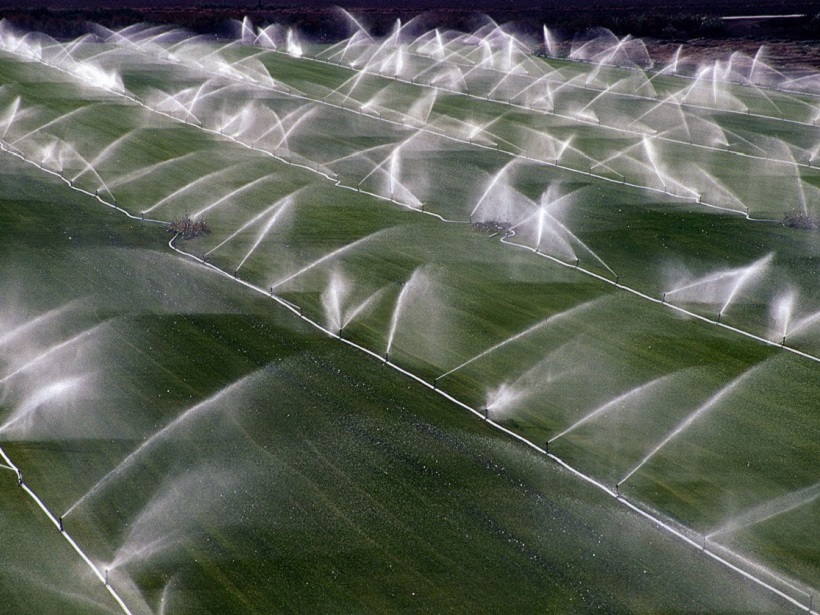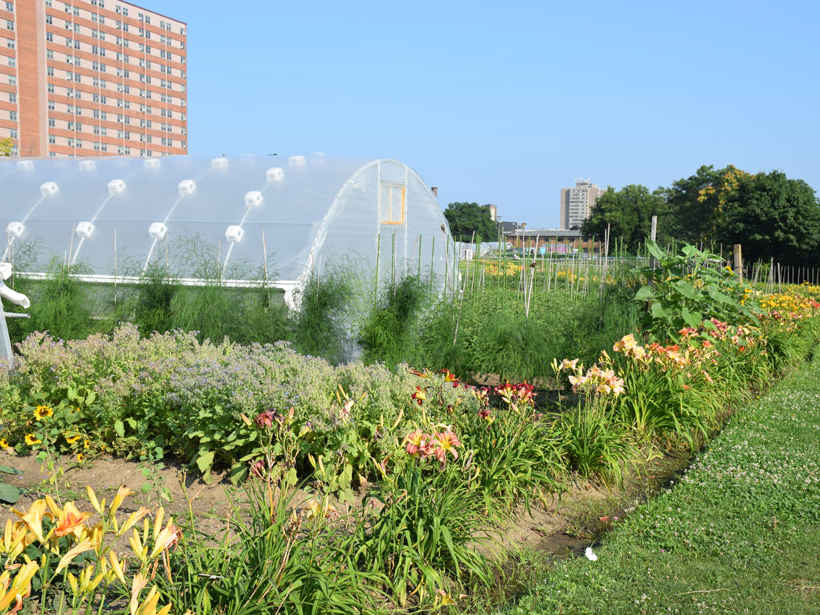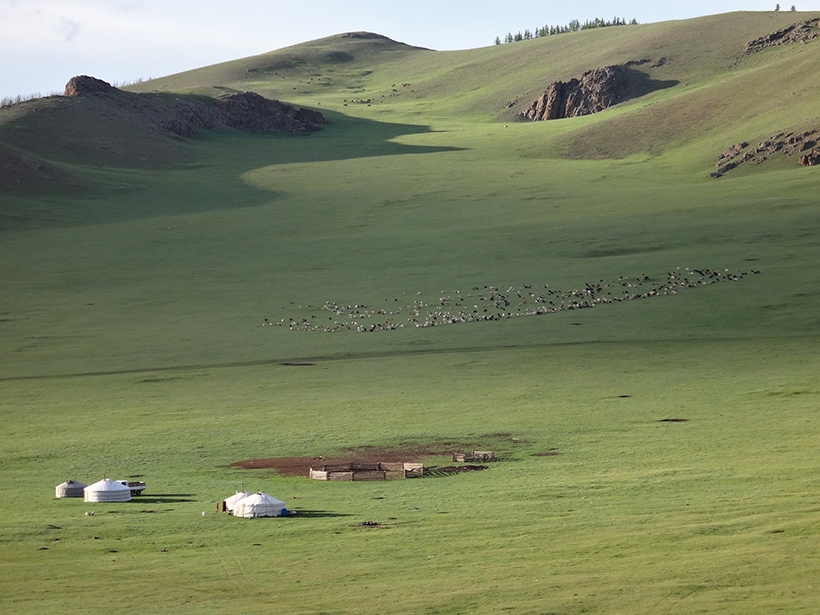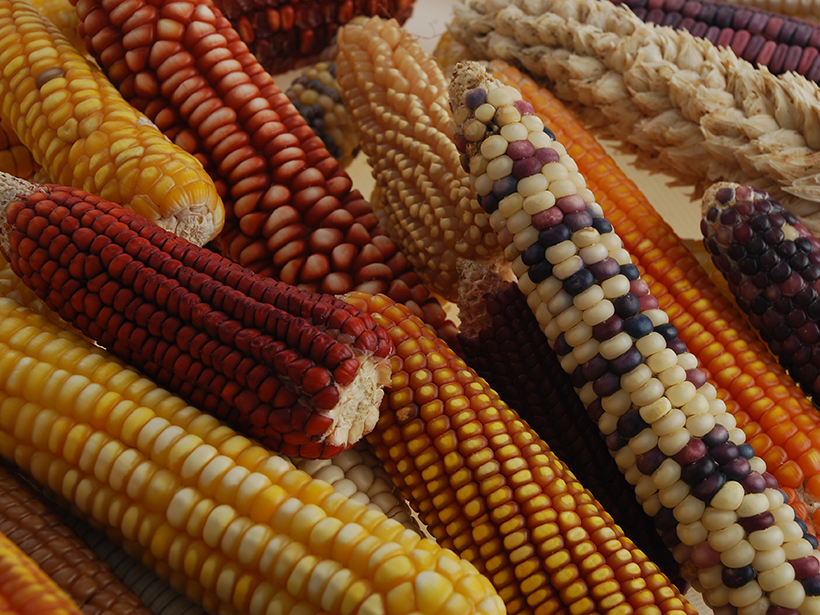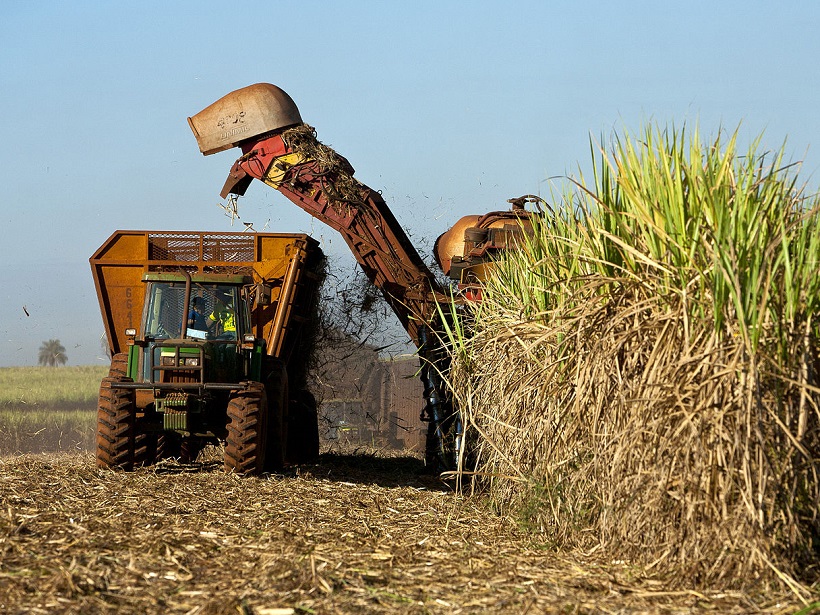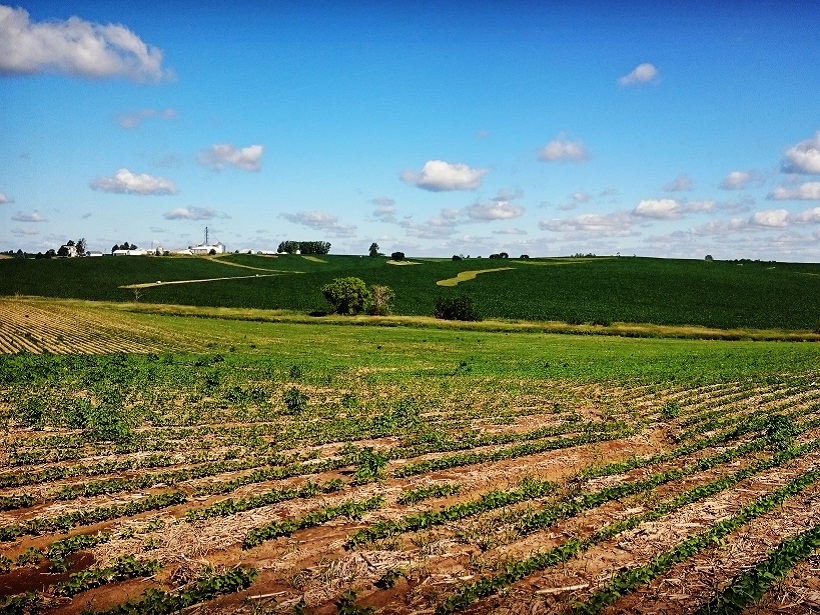A new critical zone observatory in India’s Ganga Basin helps researchers and farmers understand and improve the ways that human activities shape environmental processes.
agriculture
Conserving Riverside Habitat Could Bolster Bottom Lines
Palm oil is in demand, and its agricultural footprint is expanding in the tropics. New research suggests that habitat buffers could improve conservation and prevent erosion that cuts into economic returns.
Massive Scale Evaporative Water Losses from Irrigation
Evaporation can demonstrate the effects of crop irrigation on decadal trends in evapotranspiration at a regional spatial extent.
Restored Wetlands Could Lower Local Surface Temperatures
A 3-year study of wetlands and cropland in a major California delta highlights the need to consider the physical effects of vegetation when planning land use changes.
The Challenges of Meeting Future Food, Energy, and Water Needs
The inherent interlinkages between food, energy, and water systems present both challenges and opportunities for a more sustainable future on Planet Earth.
Urban Agriculture Could Provide Billions in Ecosystem Services
Expanding agriculture efforts in cities could improve food security, ecosystem health, and more.
Critical Role of Grazing Animals in an Ecosystem
Scientists model the effect of horses, cattle, sheep, and goats on local environments and global climate.
Corn’s Ancestor Could Help It Go Green
The grandfather of modern corn may hold the key to reducing its need for chemical fertilizers.
Bioenergy’s Impacts on the Landscape
The editors of a new book describe how bioenergy production impacts the landscape, environmental processes, and climate.
Stories in the Soil
A series of field experiments in the U.S. Midwest is investigating how past, present, and future human activities and climate affect the health of soil.


